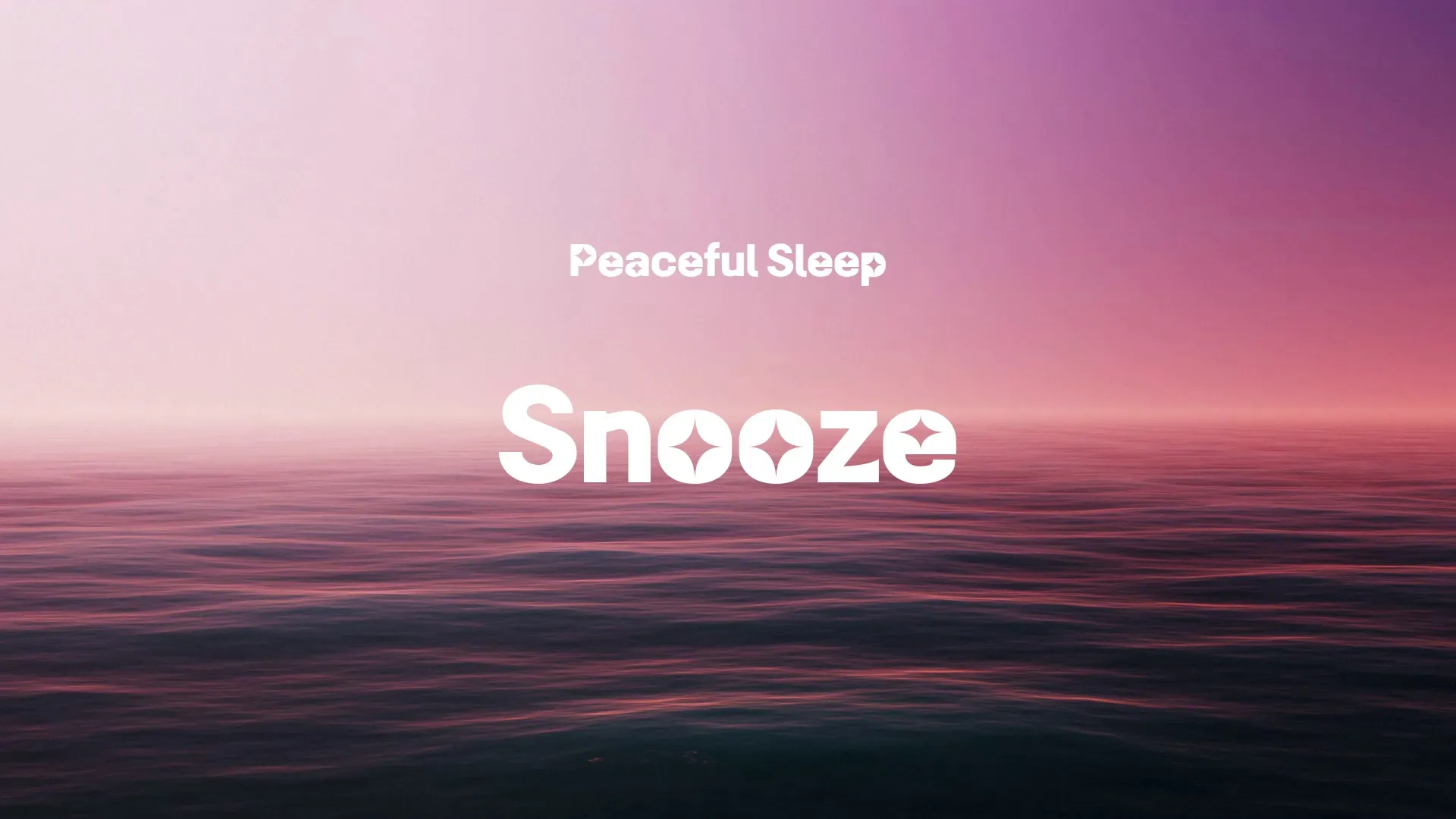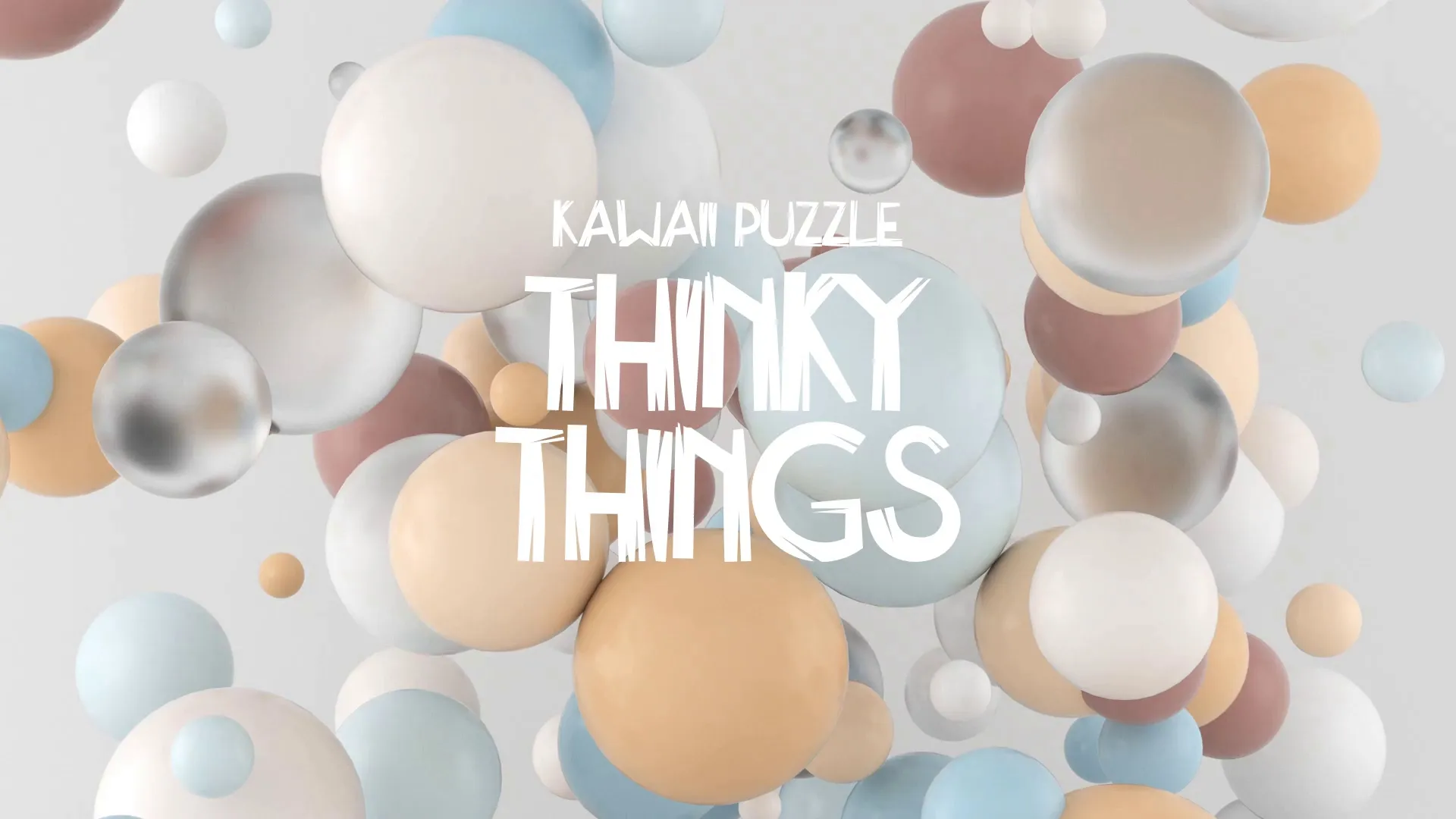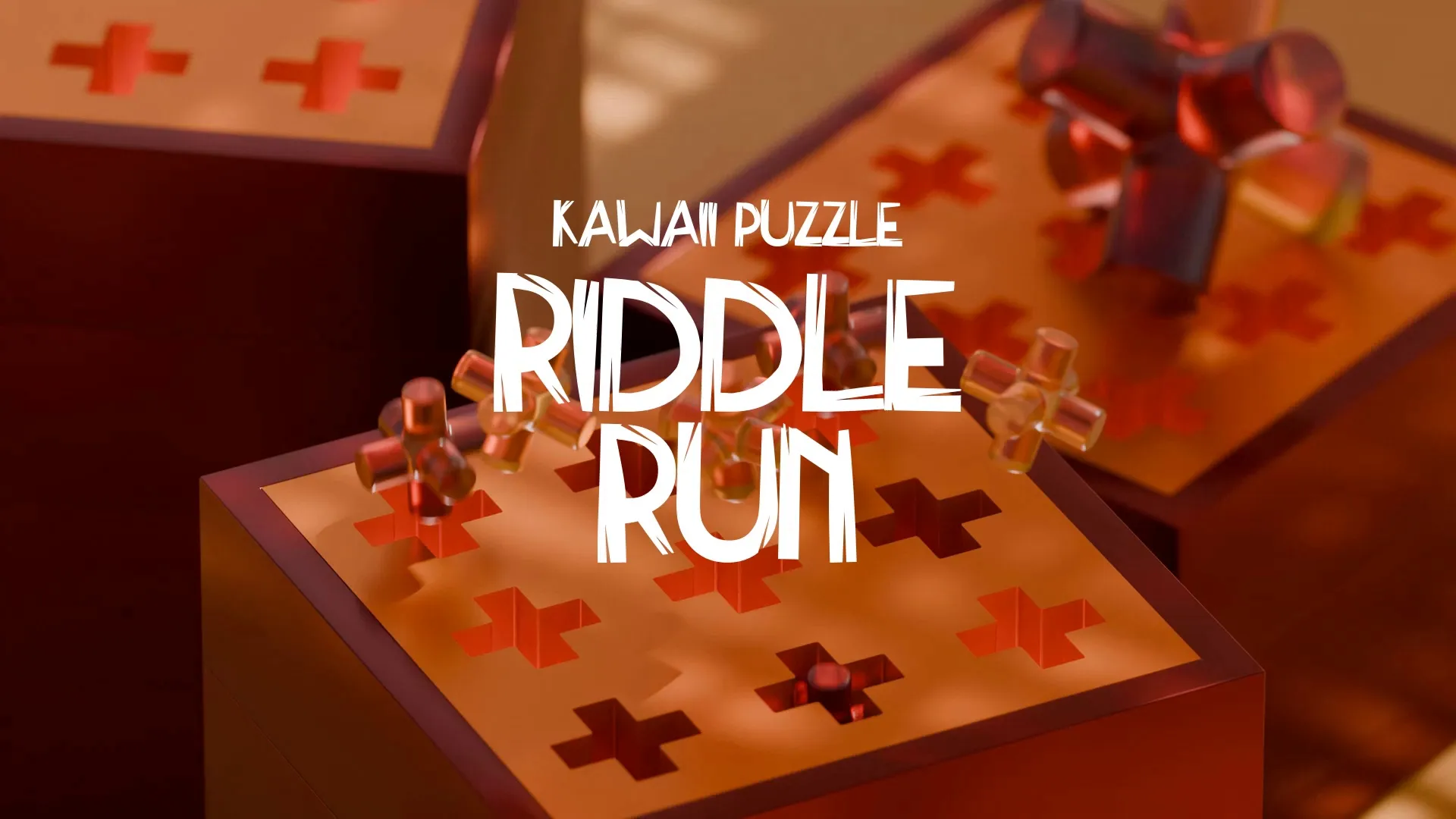Mastering Monetization: Ethical Strategies for Indie Game Success & Community Building
Monetization is often a sensitive topic for indie game developers, frequently viewed with skepticism or fear. However, ethical monetization is crucial for sustainability and can even strengthen your community if approached correctly.
This article outlines practical, ethical monetization strategies for indie games, emphasizing how to build a loyal player base while securing sustainable revenue.
Understanding Ethical Monetization Models
Ethical monetization prioritizes player value and experience over exploitative tactics. It focuses on providing genuine enjoyment and utility, making players feel good about their purchases.
1. Premium Pricing (One-Time Purchase): This remains the most straightforward model. Players buy your game once and own it outright.
Set a fair price reflecting your game’s quality, content, and the hours of entertainment it provides. Transparency about what’s included in the base game builds trust.
2. Paid DLC/Expansions: Offer substantial, meaningful content additions post-launch. These should extend the game’s life and offer significant value.
Avoid ‘cutting’ content from the base game to sell as DLC later; this erodes player trust.
3. Cosmetic Microtransactions: If your game supports it, purely cosmetic items can be a strong revenue stream. These should never impact gameplay balance or create ‘pay-to-win’ scenarios.
Ensure cosmetics are well-designed and offer clear value, allowing players to personalize their experience without feeling coerced.
4. Season Passes (Cosmetic Focus): Similar to DLC, a season pass can offer a bundle of cosmetic items or minor content over time. The key is to make rewards achievable through gameplay or offer a clear value proposition for the upfront cost.
Avoid making progression feel like a grind designed to force purchases; player enjoyment should drive engagement, not frustration.
Crafting Your Pricing Strategy
Effective pricing isn’t guessing; it involves research and understanding your market. Consider your game’s genre, scope, target audience, and competitive landscape.
1. Research Comparable Titles: Look at games similar to yours in genre, quality, and scope. Analyze their pricing and how their communities reacted.
Create a free account, or log in.
Gain access to free articles, game development tools, and game assets.















.webp)




.webp)


